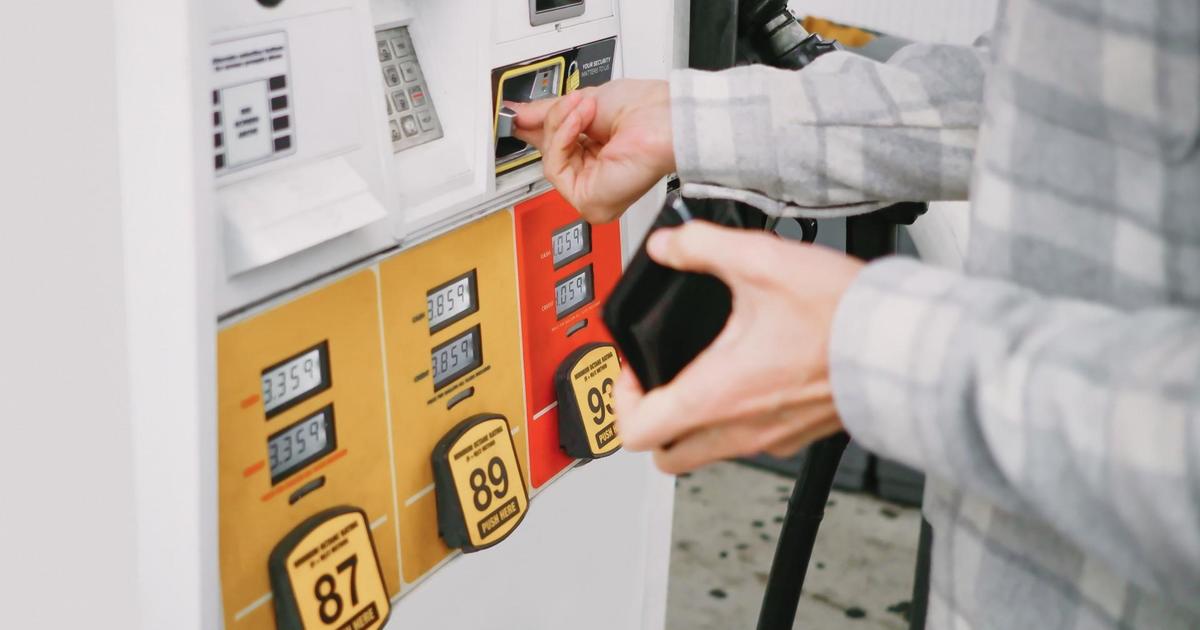Managing Credit: Too Much Of A Good Thing
BOSTON (CBS) - According to Census Bureau estimates there are more than 1.4 billion credit cards currently in circulation in the US. The average consumer is carrying eight (7.7) credit cards.
The Federal Reserve reports that credit cards are used more than 20 billion times a year in the U.S. with the total value of these transactions at about $1.9 trillion.
The average cardholder swipes the credit card 119 times a year with transactions averaging $88. Doing the math that is over $10,000 ($10,500) in credit card purchases.
According to The Fair Isaac Company, 37% of consumers who use credit cards carry more than $10,000 of debt. And those with the worst debt don't know how much the debt they have. They have a general idea of the amount but they don't want to know. If they don't know maybe, it will go away. If you are serious about getting out of debt, you need to know how much debt you actually have.
If you are coupled, you really need to do this together. It will not be successful if only one of you considers the debt a problem.
Make a list of all of your debt. List each credit card and in separate columns list the interest rate and how much you owe on each card. Seeing it written often times is motivation to do something about it. Sort of like seeing yourself in a bathing suit and wanting to start a diet immediately!
Get copies of your credit reports and credit scores. Correct any mistakes and begin the process of improving your credit score.
Contact each of the credit card companies and ask them to lower the interest rate on your cards. If your scores are good and credit history does not show a lot of late payments you may be successful. If you get nowhere with the first person you speak with ask for their supervisor. They have the authority to lower your rate and will do so about 30% of the time especially if they think you will default on the loan.
Begin to pay off the credit card with the highest interest rate aggressively. If you have cards with small balances, pay those off. If you have a card with a very low interest rate consider transferring your balance from your other cards to that one. But, as always, beware of the "buts". Check what the transfer fees will be.
If you can't do it on your own consider using Consumer Credit Counseling Service. Link to their website or call 800-388-2227 for more help.
One more thing: Always pay your bills on time! Those late fees are expensive and they leave bad marks on your credit history and affect your credit score as well.
When you have paid off a card, consider canceling it. I did say consider for that could affect your credit score. Your score has many facets to the formula and one of the criteria looked at is the amount of debt you are carrying compared to your limit. They do not look with favor at someone who has maxed out their credit cards.
Good book: Deal with Your Debt by Liz Pulliam Weston



